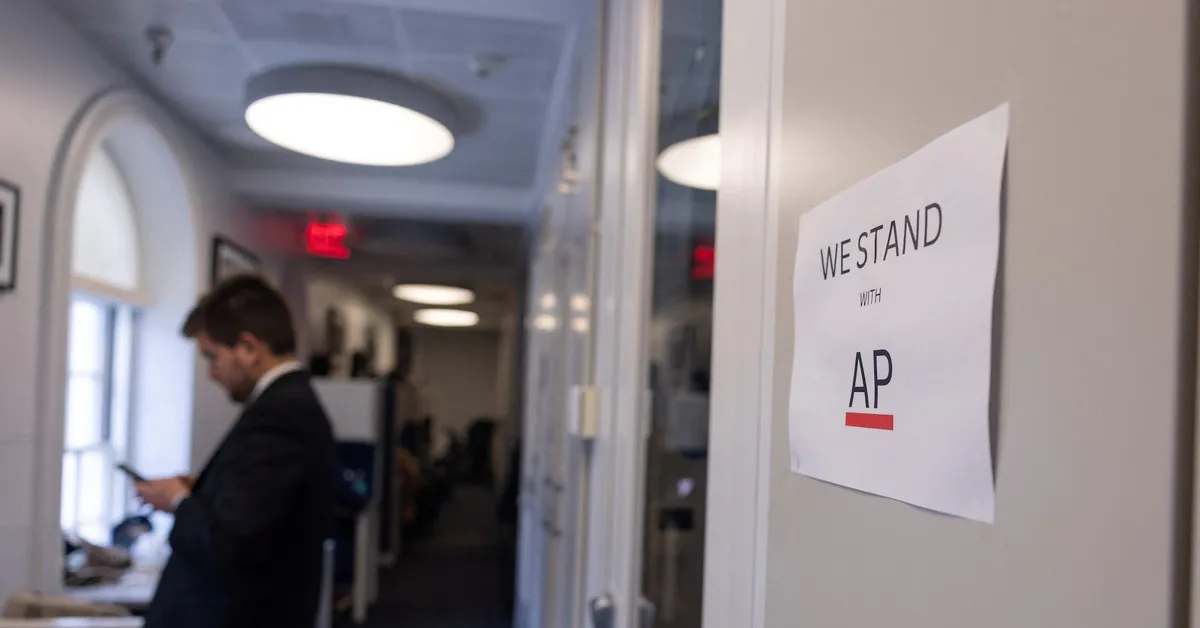
On April 8, 2023, U.S. District Judge Trevor McFadden issued a significant ruling concerning media access to the White House, specifically impacting the Associated Press (AP). The judge ordered the Trump administration to remove the restrictions placed on the AP, which had been limited in its coverage of key presidential events. This decision comes in light of the AP's stance on referring to the Gulf of Mexico, a name the agency has used for over 400 years, despite President Donald Trump’s directive to refer to it as the Gulf of America.
Judge McFadden, who was appointed by Trump during his initial term, determined that the White House must grant AP journalists access to crucial locations such as the Oval Office, Air Force One, and various events at the White House while the ongoing lawsuit progresses. The White House had previously restricted access to AP journalists after the agency announced its decision to continue using the traditional name for the Gulf, sparking a conflict over First Amendment rights.
In his ruling, McFadden emphasized the importance of press freedom, stating, “The Court simply holds that under the First Amendment, if the Government opens its doors to some journalists — be it to the Oval Office, the East Room, or elsewhere — it cannot then shut those doors to other journalists because of their viewpoints.” The ruling is set to take effect on Sunday, allowing the Trump administration the opportunity to appeal. A final ruling from the judge is anticipated in the coming months, which could also be subject to further appeal.
The decision has been welcomed by the AP, with spokesperson Lauren Easton stating that it reaffirms the essential right of the press and public to communicate freely without governmental interference. The AP had filed a lawsuit against three senior Trump aides in February, arguing that the restrictions were a form of coercion aimed at forcing the press to adopt the administration’s preferred terminology. The lawsuit claimed that these access limitations violated constitutional protections for free speech and due process.
Attorneys representing the Trump administration contended that the AP does not possess an inherent right to what the White House designates as special access to the president. During a court hearing on March 27, AP journalists Zeke Miller and Evan Vucci testified about how the restrictions severely impacted the agency's ability to cover major stories. Miller noted a noticeable change in the tone of questions posed to the president, while Vucci emphasized the constraints on their reporting capabilities.
The White House's decision in February to restrict the AP's participation in the press pool—the group of reporters that covers presidential events—raised concerns within the journalistic community. The AP has been excluded from larger White House events accessible to other credentialed media outlets. Additionally, the White House has taken control over which media organizations are included in this press pool, with Reuters historically serving as a permanent member.
The restrictions imposed on the Associated Press have been met with criticism from various press freedom organizations and the White House Correspondents' Association. As the AP continues to advocate for its rights, the ruling serves as a pivotal moment for press access and freedom, underscoring the ongoing dialogue between the media and the government regarding the fundamental principles of journalism in a democratic society.